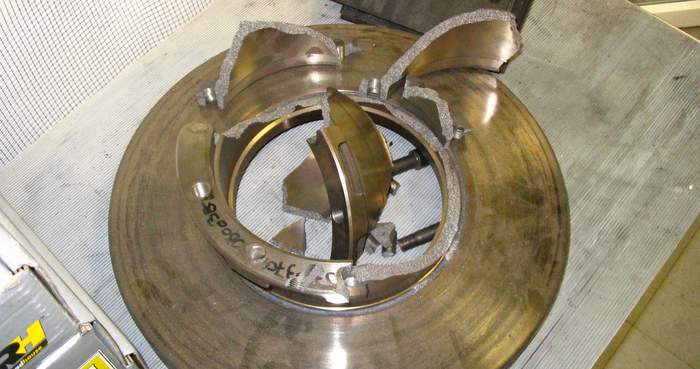Avoiding Brake Noise Comebacks
Brake systems are complex and require an understanding of the root cause of generating the noise.
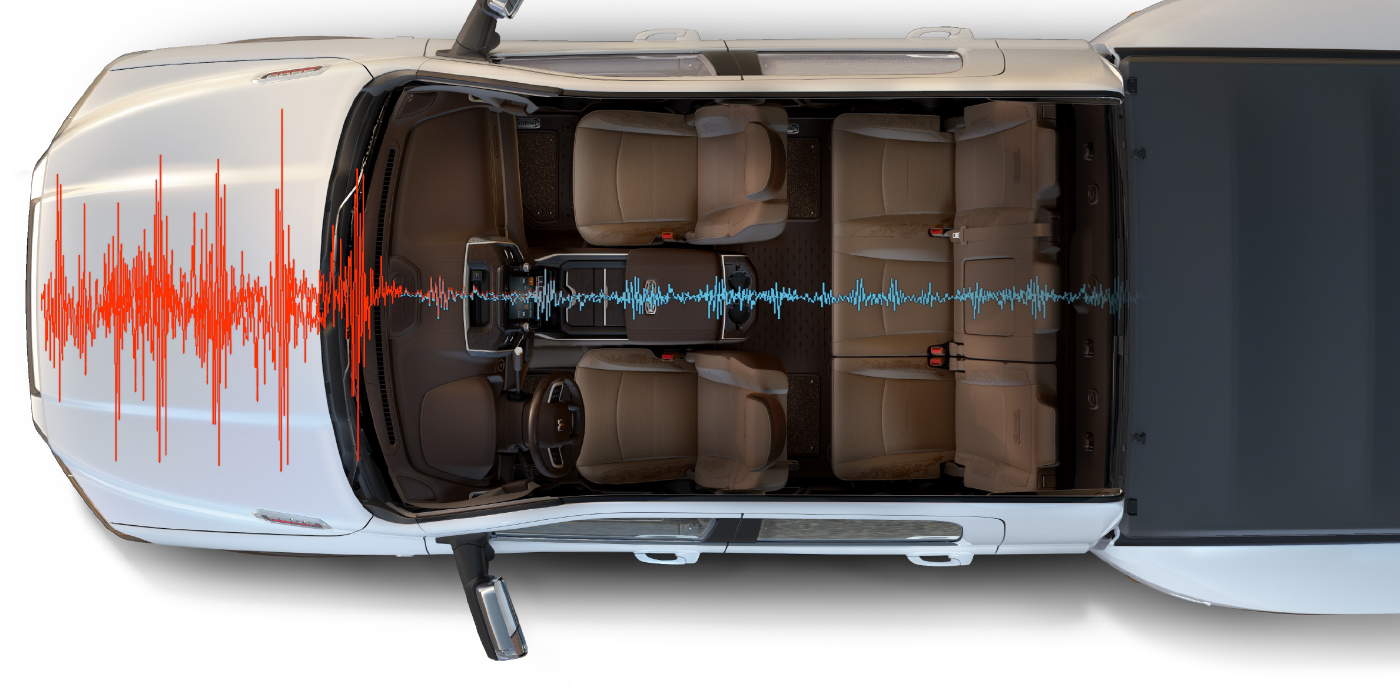
Understanding and Preventing Brake Noise
Silence noise with a complete brake job. This video is part of the Group Training Academy.
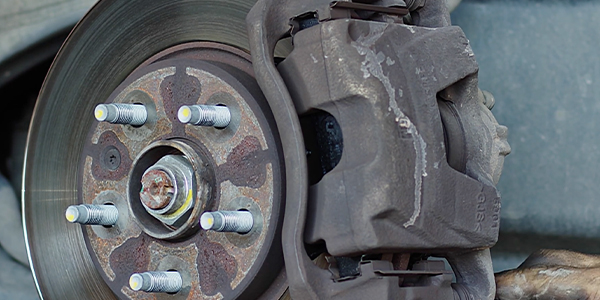
How to Address Brake Noise Issues
As a tech, you’re familiar with one of the most common reasons customers bring their vehicles into the shop: unpleasant noise emitted when they press down on the brake pedal. The key to managing brake noise is to first determine where it’s coming from and what could be causing it, which means checking several different

VIDEO: Brake Noise Problems Without The Brakes Applied
What could cause brake noise even when the brakes are not applied? This video is sponsored by ADVICS.
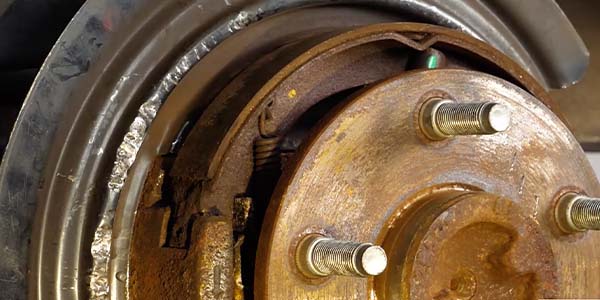
Stopping Brake Noise
Squeals, groans, creaks and chatters are all noises nobody wants to hear when they apply their brakes. Whether a vehicle is brand new or one that is 10 years old with 120,000 miles on the odometer, most people today expect their brakes to be quiet and not squeal, groan or howl in protest every time the vehicle comes to a halt.
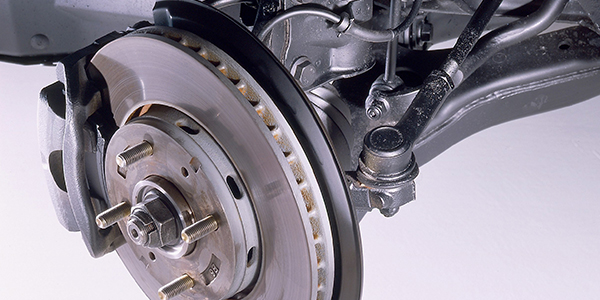
Hyundai Tech Tip: Rear Brake Squeak On Application
If a vehicle exhibits a squeaking noise originating from the rear disc brakes when applying the brakes, follow the repair procedure outlined in this Tech Tip to correct this condition.
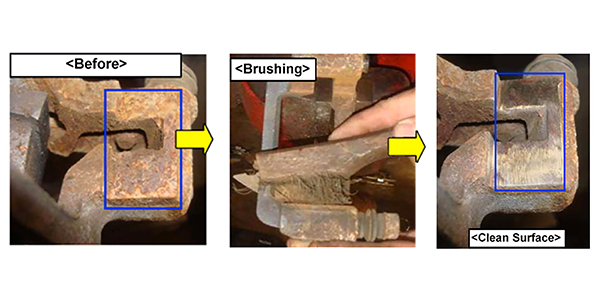
Brake Noise: Using Engineering Logic To Cure Common Noise Issues
The most important thing to know is that all brakes make noise. When the friction material makes contact with the rotor, it causes the brake pad and rotor to vibrate. The vibration moves the air around and makes noise.
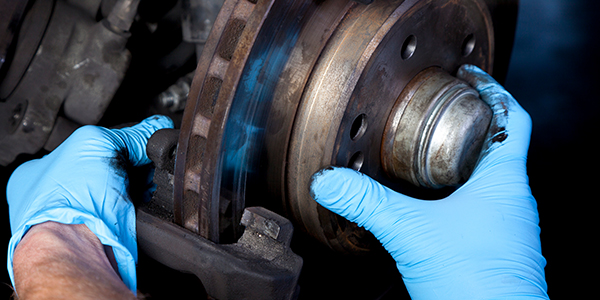
Silencing Brake Noise After Service
There are no shortcuts to performing a noise-free brake job. It is a difficult job that requires combining the correct parts, knowledge and preparation to make sure that the brakes do not make a noise for more than 20,000 miles or more.

Getting Better At Eliminating Brake Noise
If you are trying to eliminate a noise, you could try to stop it from moving the air around it. This is not possible with brakes because they do not operate in a vacuum and they cannot be separated from the vehicle.
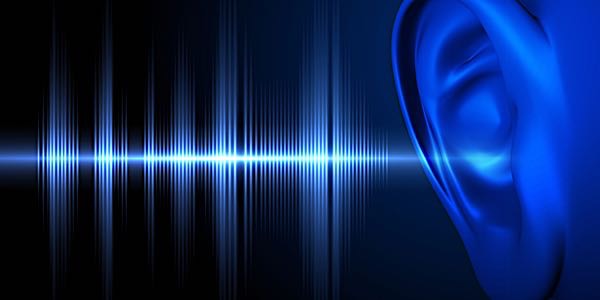
VIDEO: Brake Pad Chamfers And Slots
Andrew Markel shows why some brake pads have chamfers, slots, none or both, and how they can reduce noise. Sponsored by Auto Value and Bumper to Bumper.
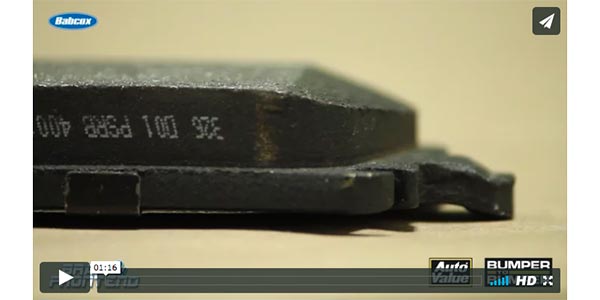
VIDEO: Brake Noise And Rotor Cleanliness
Andrew Markel answers a question about brake noise and how keeping parts clean can help prevent noise. Sponsored by Auto Value and Bumper To Bumper Parts Stores.
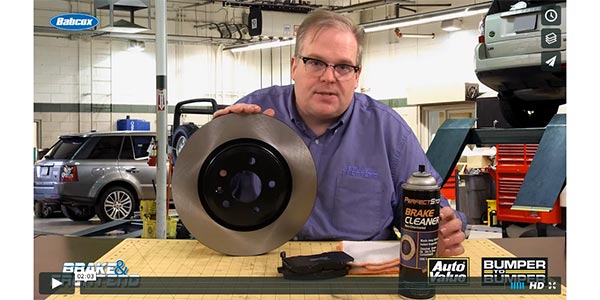
Rotor Failure: Why Rotors Crack And Make Noise
Just about every rotor is made of cast iron, but what can make or break a rotor are ingredients like carbon, silica and pearlite. Also, how a rotor is cast and cooled can determine its final properties. This is called the science of metallurgy. Ensuring that a rotor has the right metallurgy costs the manufacturer time and money. The raw materials don’t necessarily cost more, but the manufacturing process may require more expensive equipment. The energy and labor costs may also be higher.
